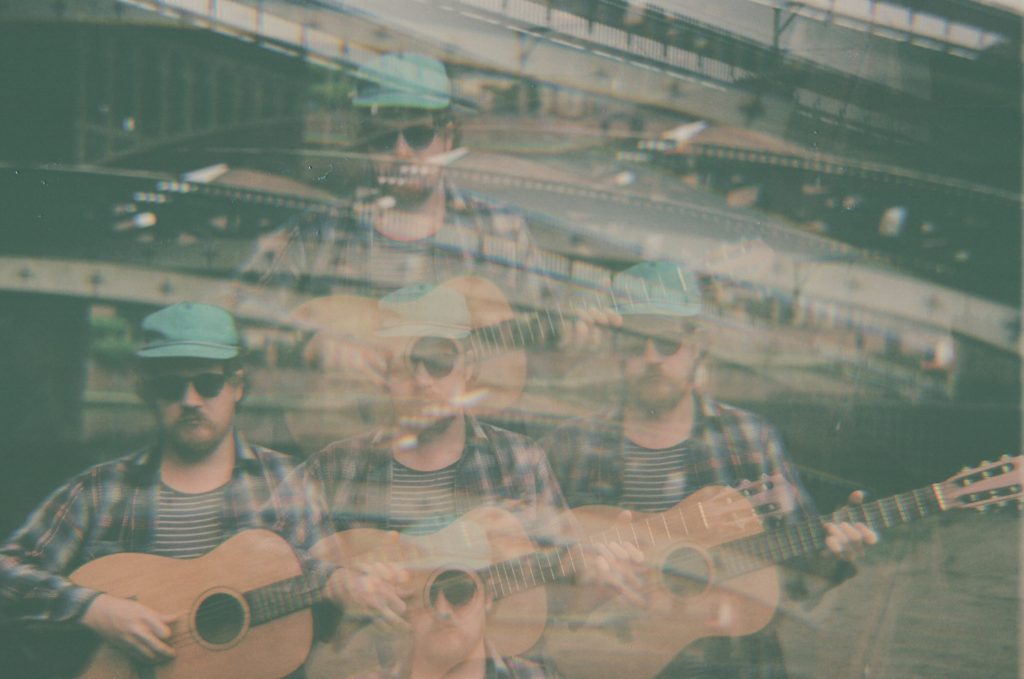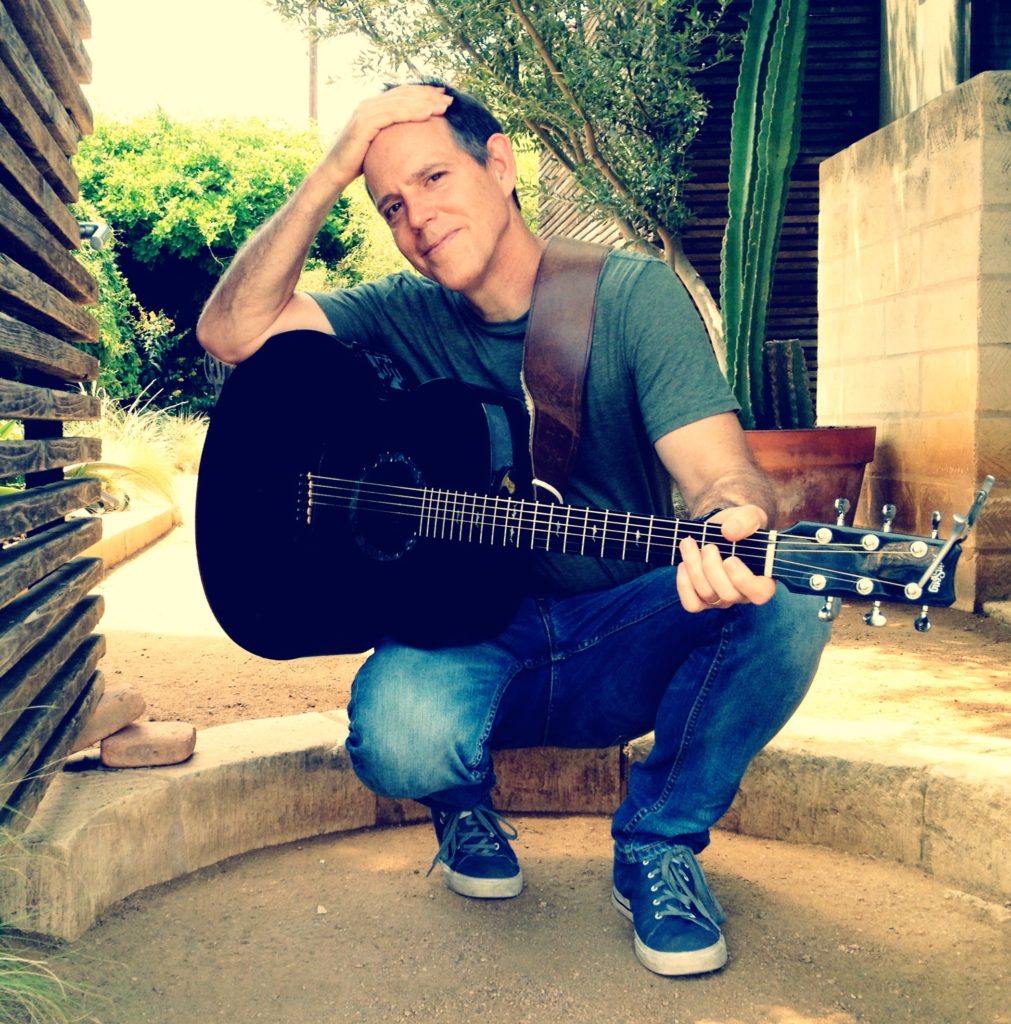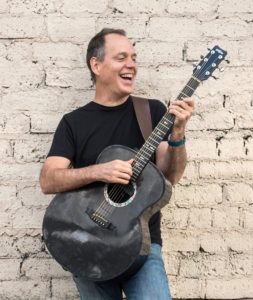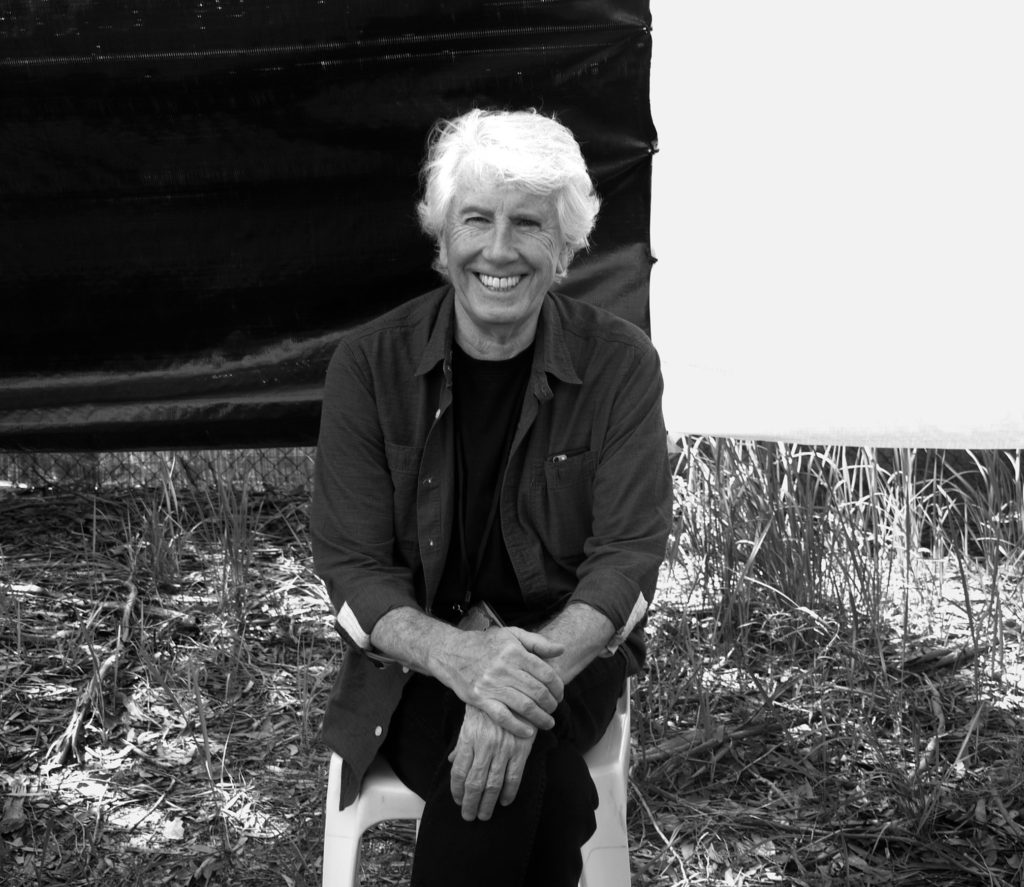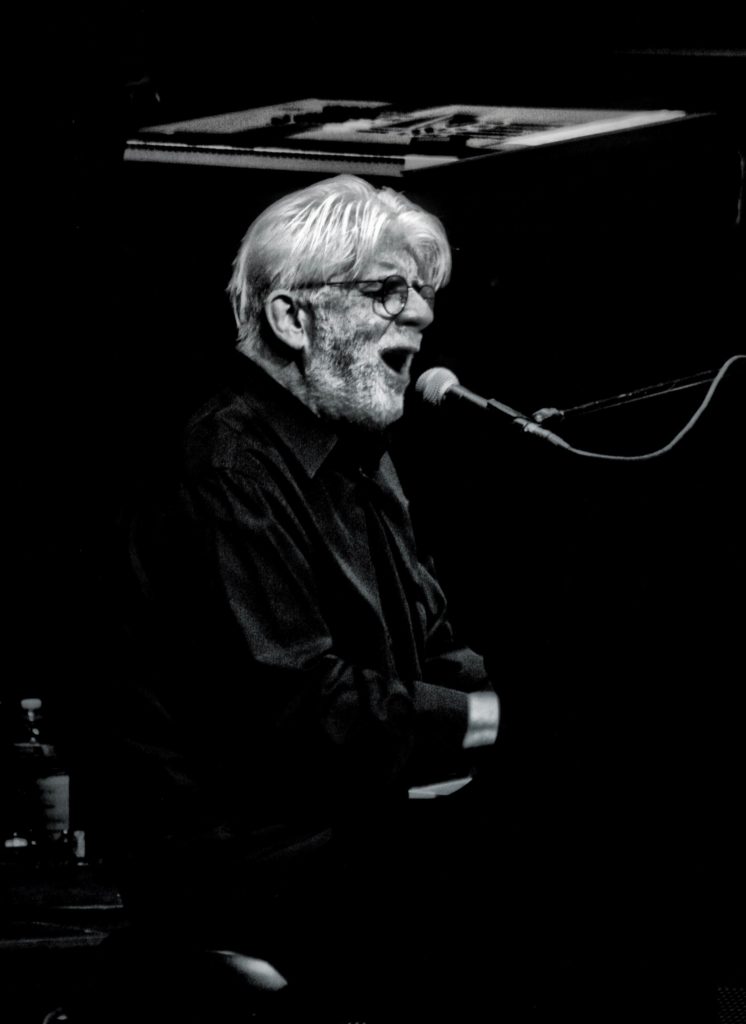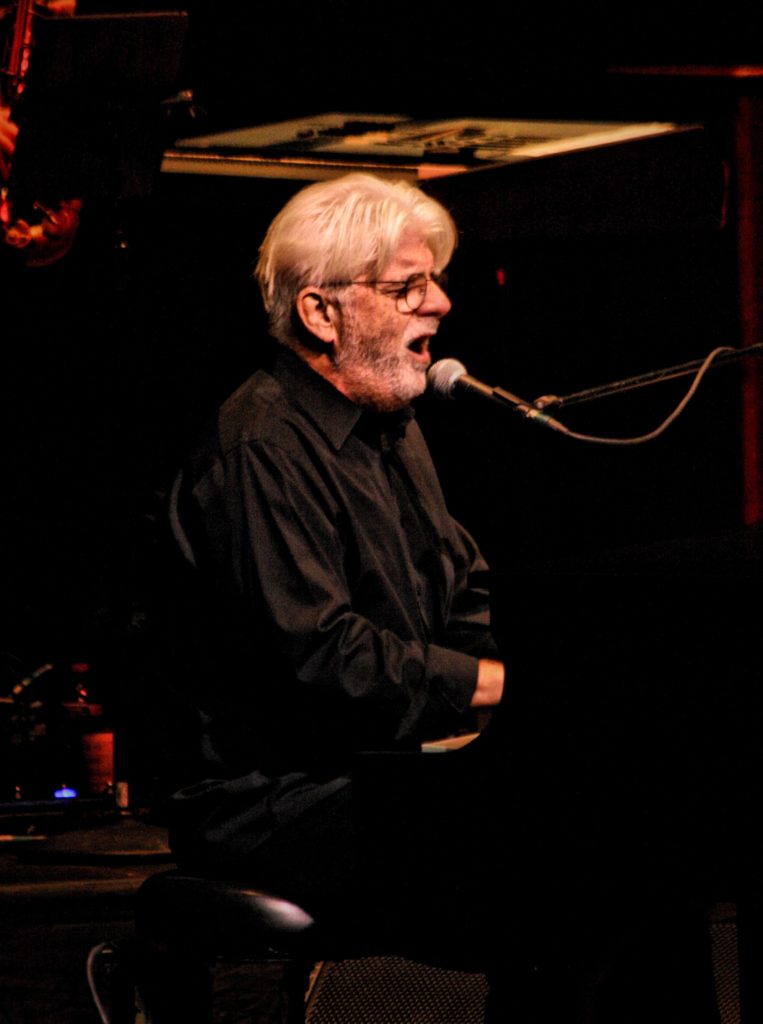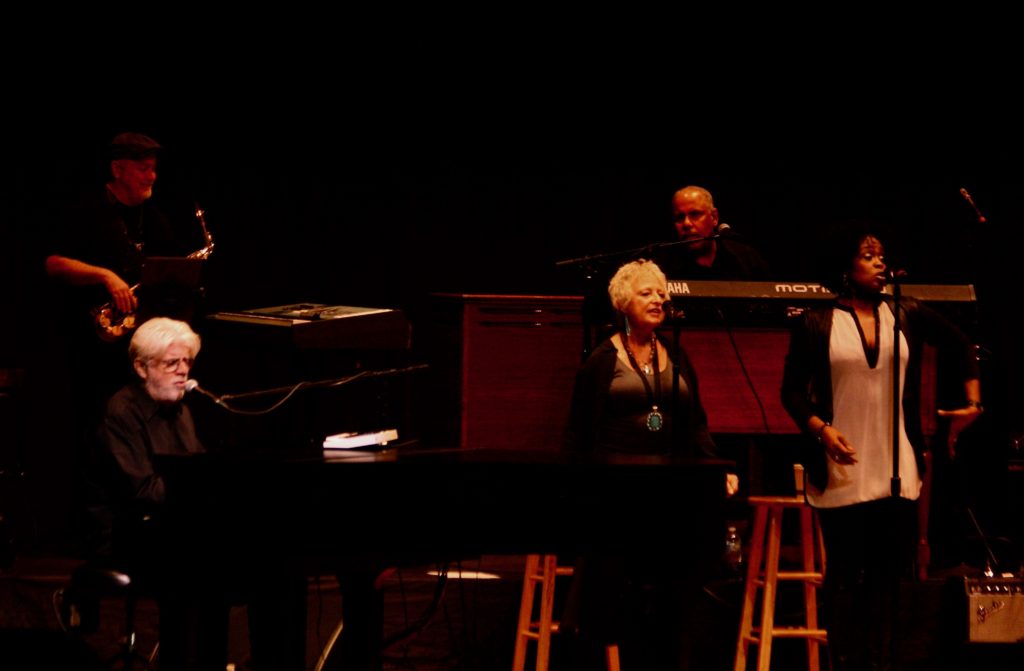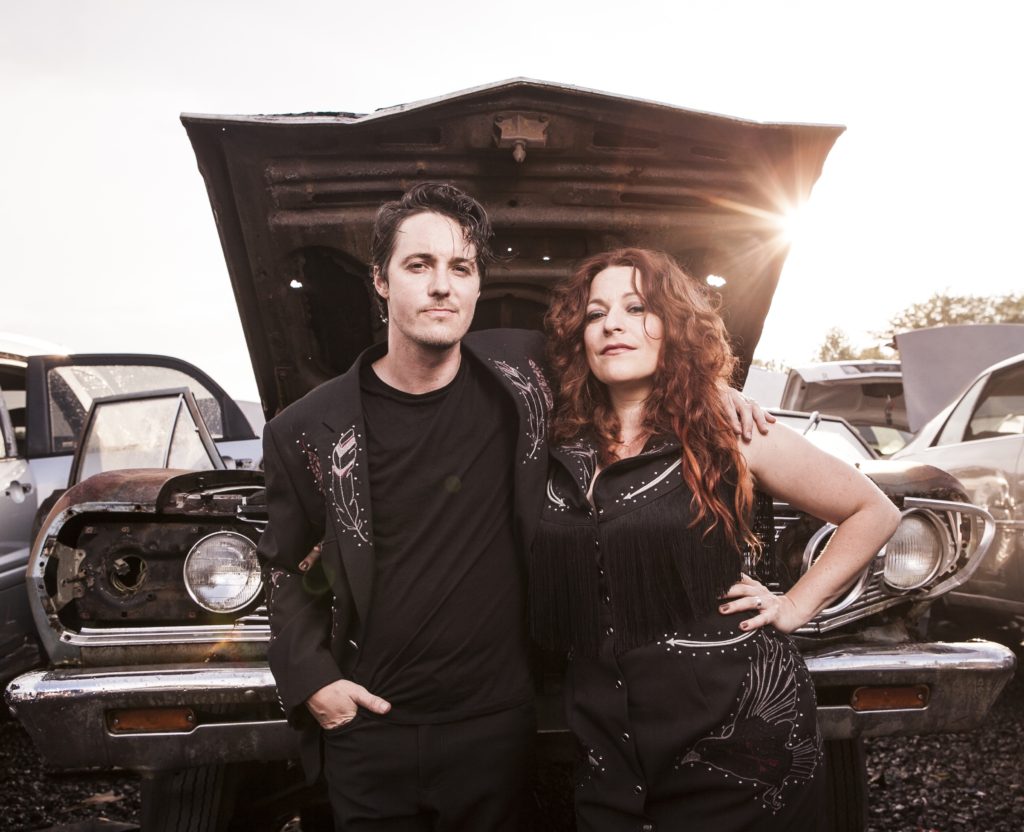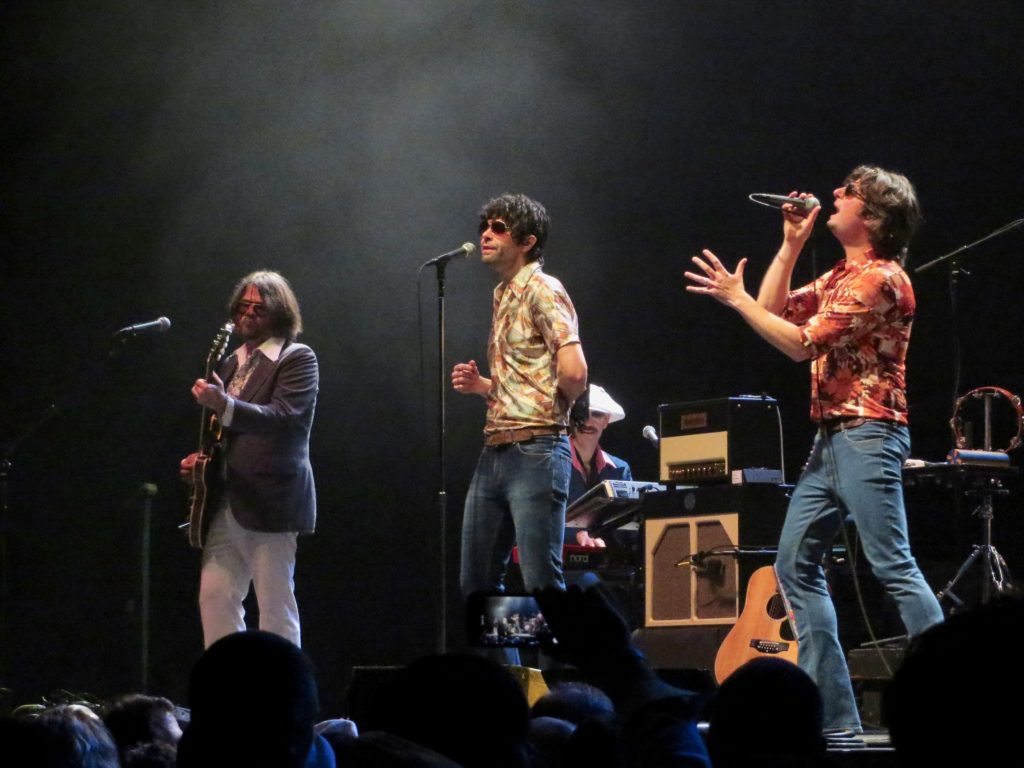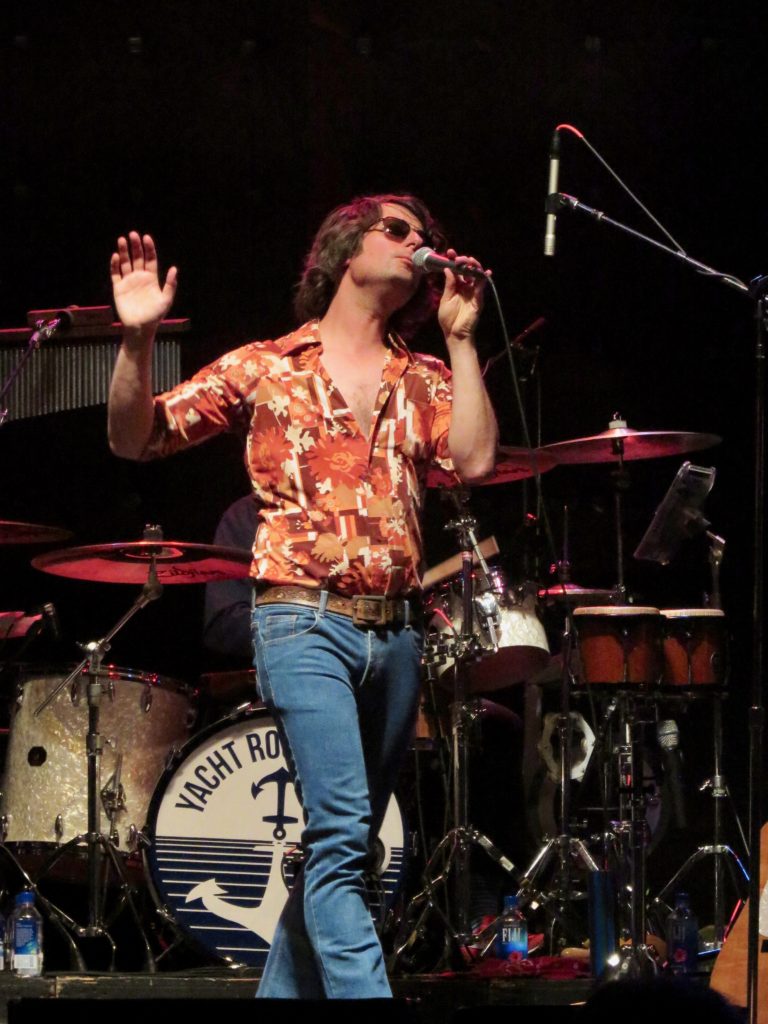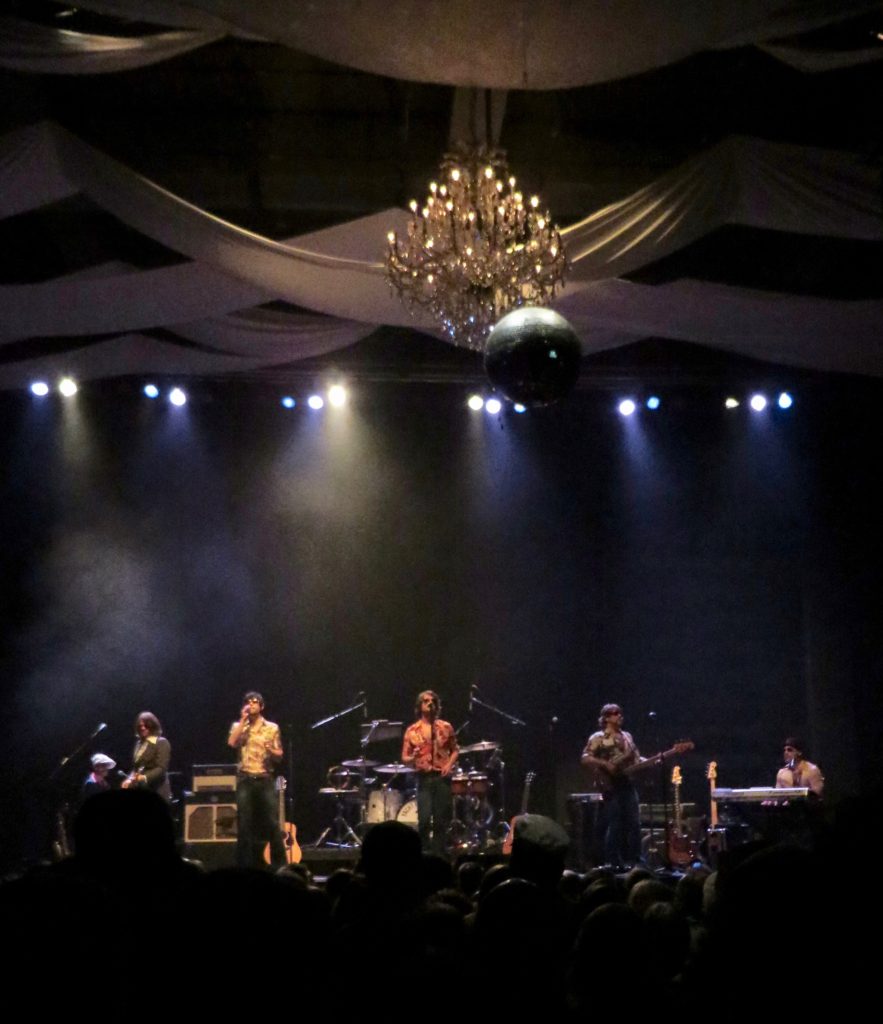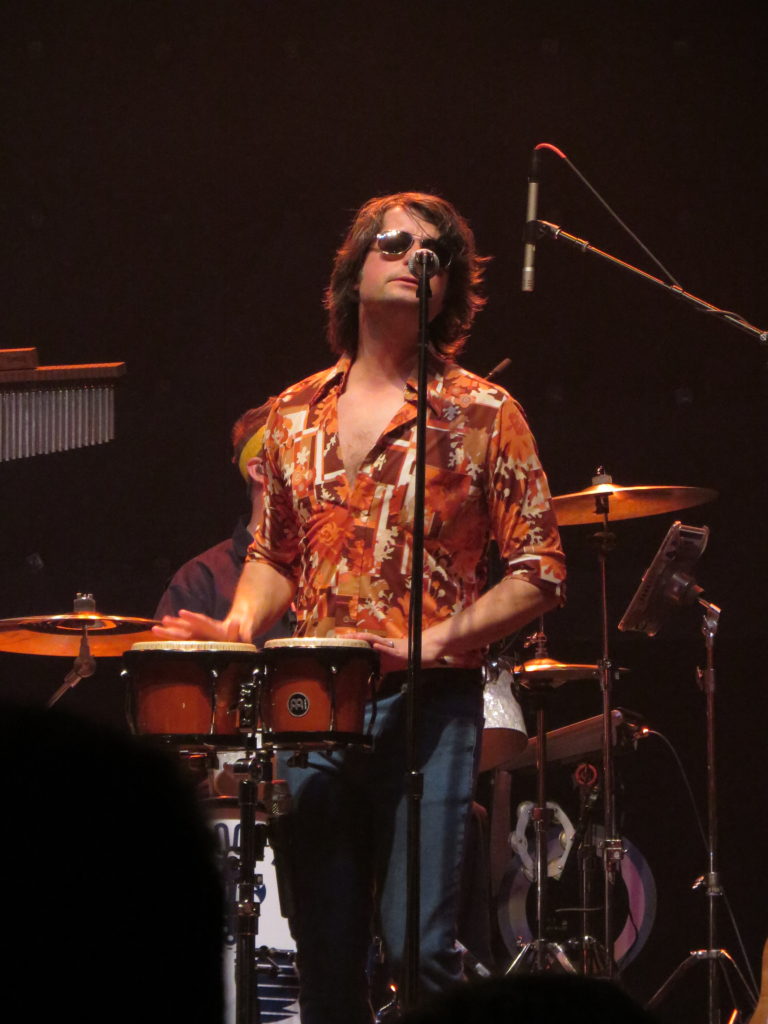By Brent Thompson
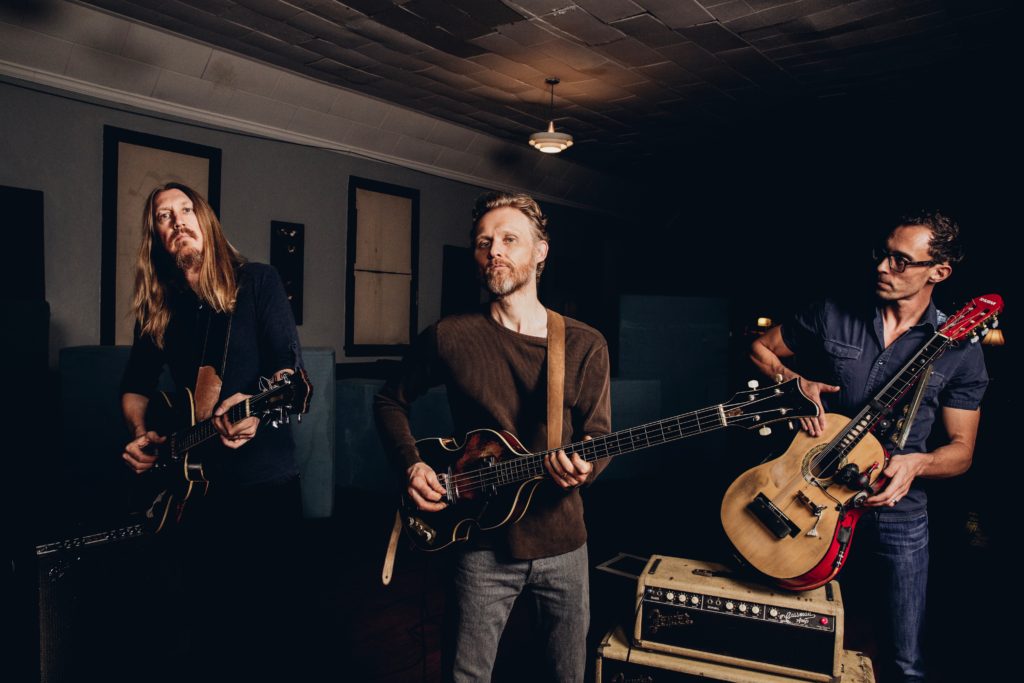
Photos by Alysse Gafkjen
What started as a side project for two sibling musicians has turned into a thriving, primary musical focus for Chris and Oliver Wood. Already established artists prior to forming The Wood Brothers – Chris as bassist for Medseki, Martin & Wood and Oliver as frontman for the Atlanta-based band King Johnson – the duo (now joined by multi-instrumentalist Jano Rix) has been recording and touring for more than a decade. In February, the band released its sixth full-length album, One Drop Of Truth. On Thursday, March 15, The Wood Brothers will perform at Iron City with Pierce Edens opening the 8 p.m. show. Recently, we spoke with Chris about the band’s approach to writing and recording.
Birmingham Stages: Chris, thanks for your time. You’re now based in Nashville – do all three of you live there?
Chris Wood: Yeah, that’s why we moved there actually. The Wood Brothers was taking over our careers and we lived very far apart. Oliver was in Atlanta and I was in New York, so we met in Nashville about five years ago to pursue The Wood Brothers. I’m not there a whole lot and, when I am, I’m recovering from tours and trying to record some music.
Birmingham Stages: If you will, talk about the recording process for One Drop Of Truth.
CW: For this record, we approached it a little bit different. On most records, most artists feel like they have to write a big batch of songs, get them all finished and book a big chunk of studio time for one to three weeks – depending on your budget – and record it all in one shot. The problem with that process is it gets overwhelming and you can get lost in it, especially if you’re trying to self-produce. So this time we started writing new material and every time we finished a song or two, we’d go into the studio and record it immediately. Nashville has so many great studios that are relatively inexpensive and we could go in and think maybe we were making a demo or maybe it was the real thing. It allowed us to be a little more relaxed about the process, to work on a song and set it aside for a couple of months while we finished writing other material. That allowed us to get away from things and have a fresh perspective on it. That’s the hardest thing about producing – you get too close to your work and it’s hard to make good decisions about it.
Birmingham Stages: Generally speaking, did you leave the initial recordings as they were or did you go back and tweak them?
CW: It completely depended on the tune. There were some songs where we just gave it a shot and later liked what we did. Other songs – after some time went by – we said, “This could be much better.” It was a great way to learn and have perspective on the material. You get better results that way.
Birmingham Stages: How would you describe your writing process?
CW: You have to be home – the road’s a little too nuts for that. You need some solitude. On the road, all kinds of spontaneous things happen that spark new material. We may improvise a little groove backstage or at sound check that we’ve never done before that sounds cool and we record them on our phones. We have this whole catalog of voice memos and you sort of forget about them and you go back and listen to them later. It may inspire a new song – anything goes.
Birmingham Stages: What’s the status of Medeski, Martin & Wood these days?
CW: We really don’t tour anymore – we do festivals and one-offs. We are working on a documentary that was shot at a recording session where we were recording a new record.
Birmingham Stages: Do you envision MMW becoming an active project again in the future?
CW: There was a desire to not tour – not everybody wanted to stay on the road. As far as our musical connection, it’s strong and the same as it ever was. But not everybody wants to be hitting the road that hard. That’s the reason The Wood Brothers became such a priority for me but I still love playing with MMW. It’s just a matter of filling it in the cracks, schedule-wise.
Birmingham Stages: To be able to go on this journey with your brother is a unique situation. There aren’t a lot of artists that get to have that experience.
CW: It’s amazing. The MMW guys felt like brothers to me, but to actually have a band with my real brother is amazing on a lot of levels. You hear about the “brother band” horror stories – it’s youth and ego. We started when we were middle-aged so we had the chance to get over a lot of that stuff and start the band when we knew who we were.
The Wood Brothers will perform at Iron City on Thursday, March 15. Pierce Edens will open the 8 p.m. all-ages show. Tickets are $30 (seated general admission) and $20 (standing general admission) and can be purchased at www.ironcitybham.com.

